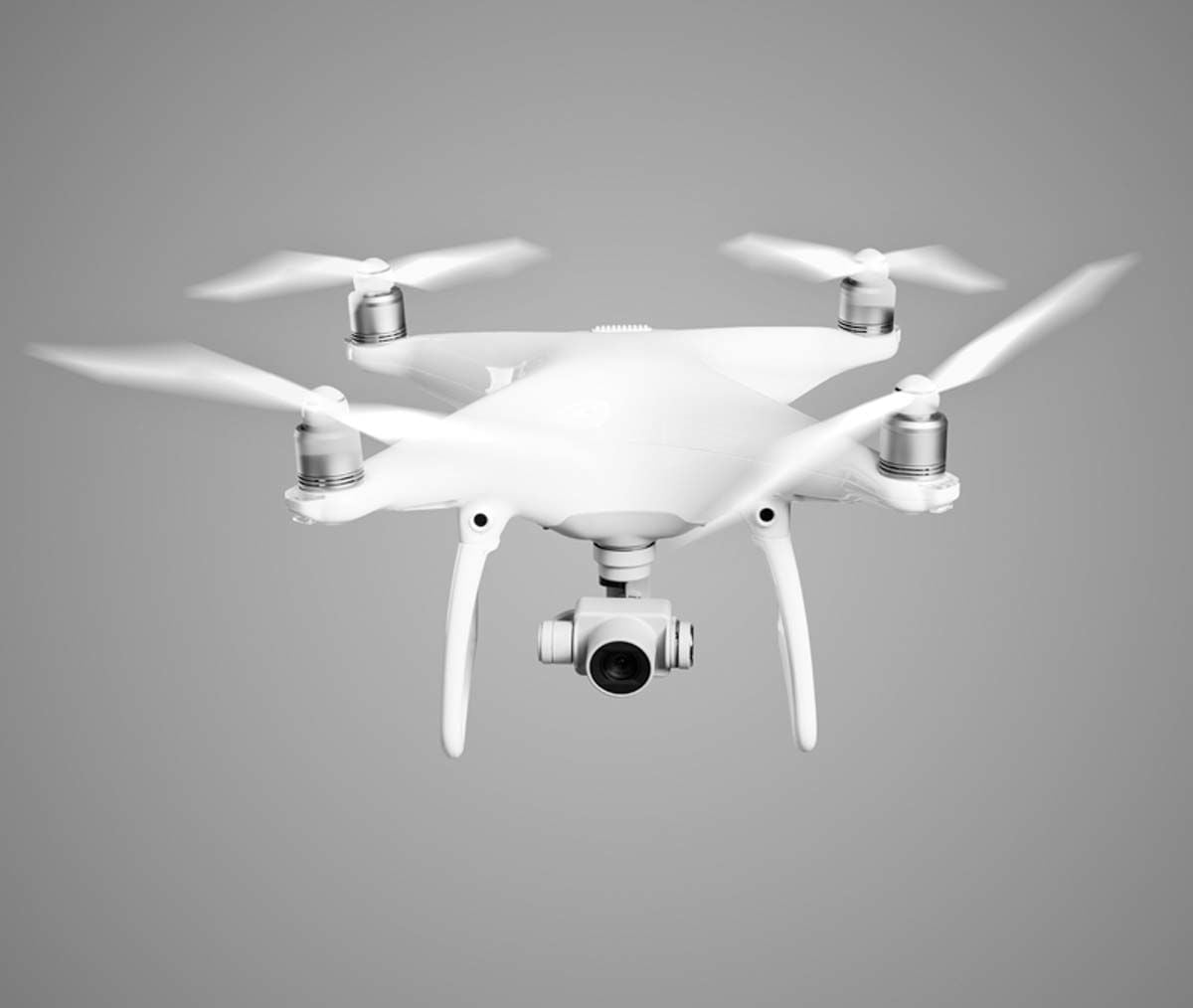After one person complained on local social media last week about a drone violating his privacy by hovering outside his bedroom on Point Dume, several dozen others chimed in to share their frustration. Residents from western Malibu to the Malibu Pier, mainly along the coast, reported that drones are an annoyance—at times, even a danger.
While drones have various commercial uses, it seems obvious that it’s probably hobbyists and not commercial users who are generally the ones guilty of using drones to buzz Malibu residents. And those hobbyists are not necessarily the neighbors—some may be visitors to the coast testing out their new toys.
“I woke up at 6 a.m. this morning and saw a drone hovering outside my bedroom … I ran outside and pretended to throw rocks at it, and the operator quickly flew it south,” wrote resident, John Lewis. “I was furious. This is the third time I’ve encountered this since Sept. 1 when I moved in. What angers me the most is that it appeared to fly back to a [neighbor’s house], but I can’t prove it.”
In a phone interview, Lewis elaborated.
“I feel your privacy is your privacy,” he said. “At least in your own home, you shouldn’t have to be subjected to this.” Plus, he has a teenaged daughter to look out for.
Another resident, Roni Serrato, wrote, “I have the same issue. I’m next to the pier. I understand some photographers come to shoot the surfers, which is fine, however there is no surfing above my deck! The drones are literally within five feet of my deck rail. I’ve called the sheriff and they said there’s nothing they can do. I’ve deterred the drones with a sharp blast of the garden hose.”
What can be done to stop these privacy-invading nuisances? Locals suggest everything from paintball to super-soaker hoses to strategically placed fishing line. But seriously, as irritating as a drone can be, it is illegal to damage it, even if you catch it outside your bedroom window.
There are a whole host of federal, state and agency rules and regulations on drone usage that can vary from location to location. The City of Malibu has no specific rules, deferring to state and federal guidelines. Drones are banned from Malibu-area state parks and national recreation area property because they disturb wildlife and could cause fires. The Audubon Society has reported that no drones are allowed between PCH and the coast.
It is illegal to shoot down a drone that is over your property, because the Federal Aviation Administration (FAA) considers it to be an “aircraft,” which federal law dictates it is illegal to shoot down. Shooting it down, damaging it or confiscating it could result in prosecution.
And yes, a drone is allowed to fly over your home/property because the FAA controls the air above your home; property lines don’t extend into the sky. However, drones are prohibited from flying above 400 feet up to avoid interfering with flights.
There are devices on the market that can jam the radio signals that control a drone, as well as lasers that can blind a drone’s camera, but these devices are illegal in many cases.
There are no criminal statutes in California for drone operators, but there are civil codes that apply. California state privacy laws would forbid using drones to photograph another person without their consent. A case of “private nuisance” can be brought against unwanted drone usage related to noise. It is even possible to get a temporary restraining order against a drone operator based on harassment.
In addition, regardless of the cause, if a falling drone injures someone, it could lead to a personal injury lawsuit or a product liability case.
On Dec. 28, 2020, the FAA announced some new rules for drones. As reported by Aviation Today, drone manufacturers will have 18 months to begin making drones with remote ID (equipment that broadcasts identification, location and control station), and operators will have one year after that to start using it. Remote ID will allow public safety officers to request the identity of a drone’s owner from the FAA.
In another month, new rules will require that drones used at night include flashing lights that can be seen from as far as three miles away, that some operators will need special training and that small drones flying over people cannot have rotating parts capable of cutting skin.
All drones must now be registered with the FAA except those weighing .55 pounds or less and used exclusively for recreational purposes. Only commercial drone pilots are required to have a license.

